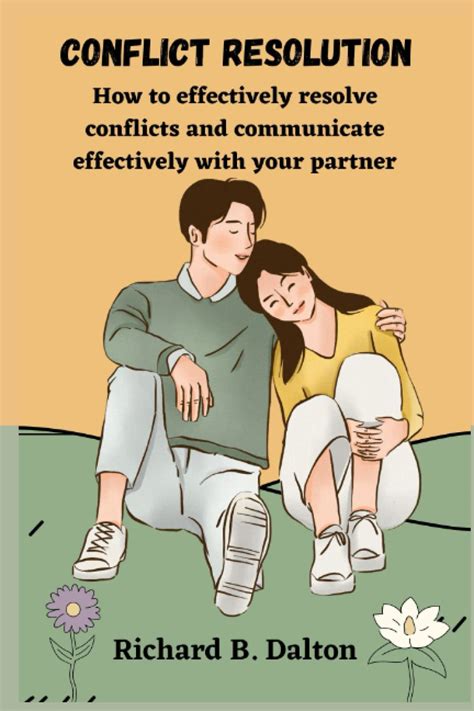Navigating the Maze of Recurring Partner Conflicts
Every relationship experiences disagreements, but when the same conflicts resurface repeatedly, it can be incredibly frustrating and damaging to the bond. Recurring arguments often stem from unresolved issues, differing expectations, or communication breakdowns. Learning to address these persistent patterns calmly and constructively is crucial for a healthy, lasting partnership.

Identifying the Root Cause, Not Just the Symptom
The first step to resolving recurring conflict is to look beyond the surface-level argument. Often, what you’re fighting about isn’t the real issue. Is it about control, feeling unheard, a need for security, or a difference in values? Take time, perhaps individually, to reflect on what underlying need or fear might be triggering the conflict each time it arises. Discussing these deeper needs, rather than just the immediate trigger, can lead to more meaningful resolution.
The Power of the Pause: De-escalation Techniques
When you feel the familiar tension building, resist the urge to immediately engage in the old pattern. Agree on a “pause button” or a safe word with your partner that signals a need to take a break. This isn’t about avoidance, but about stepping away before emotions escalate, allowing both parties to cool down and approach the conversation with a clearer mind. During this break, focus on self-soothing and reflecting on your perspective.

Mastering Calm Communication: Listening and Empathy
Once you’re both calm, re-engage with the intention to understand, not just to respond. Practice active listening: fully focus on what your partner is saying, both verbally and non-verbally, without interrupting or formulating your rebuttal. Reflect back what you’ve heard to ensure understanding (“So, what I hear you saying is…”). Validate their feelings, even if you don’t agree with their perspective on the situation (“I can see why that would make you feel frustrated”). Empathy is key to breaking down defensive walls.

Focusing on Solutions and Shared Understanding
Shift the conversation from blame to collaborative problem-solving. Instead of “You always do X,” try “When X happens, I feel Y. Could we explore ways to handle this differently?” Brainstorm solutions together. What small changes can each of you make to address the underlying issue? It might involve setting clear boundaries, establishing new routines, or finding compromises that respect both your needs. Remember, you’re a team tackling a problem, not adversaries.
Establishing Clear Boundaries and Expectations
Many recurring conflicts stem from unspoken or unclear expectations. Be explicit about your needs, boundaries, and what you expect from the relationship and from your partner. This might involve discussing division of chores, financial management, parenting styles, or how you handle disagreements themselves. Periodically revisiting these discussions can prevent resentment from building up.

When Professional Guidance Can Help
If you find yourselves stuck in a cycle despite your best efforts, considering couples therapy is a sign of strength, not weakness. A neutral third party can provide tools, facilitate communication, and help uncover deeper patterns that might be difficult to see on your own. A therapist can teach both partners healthier ways to interact and resolve conflict, offering a safe space to work through challenging issues.

Building a Stronger, More Resilient Partnership
Resolving recurring conflicts calmly is an ongoing process that requires patience, commitment, and a willingness to grow together. By focusing on understanding, empathy, clear communication, and collaborative problem-solving, you can transform these frustrating patterns into opportunities for deeper connection and a more resilient, harmonious relationship.




